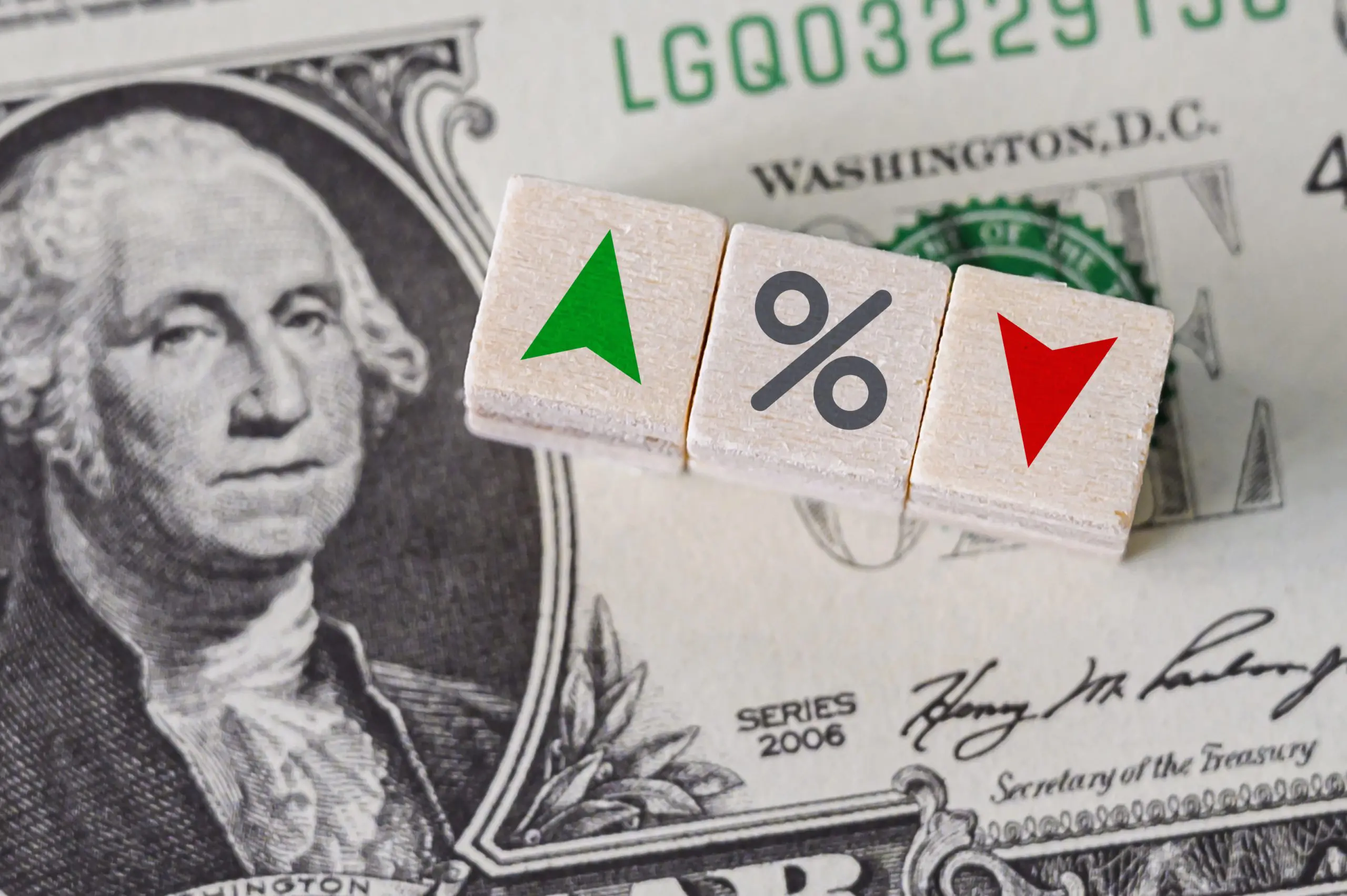The Coronavirus has dominated the news cycle of late, and markets are clearly reacting to the news because the outcome is unknown. In a way, the virus has “infected” markets all around the world. Fear is driving decisions to sell, and nobody would blame you if this uncertainty gave you a bit of anxiety, as well.
Thus, we want to share our thoughts about the market’s reaction. We do this in our role as stewards of not just your investments, but as your Financial Planner, tasked with making sure you don’t do anything that may harm your ability to achieve your goals. We know that downside market volatility, such as what we have seen this week, creates a desire to do something, anything. Selling out of the market does give you some immediate satisfaction that you no longer have to deal with the market’s decline, but this is fleeting since now the task becomes when to buy back in.
As you have probably guessed, we are not advocating that you sell your stock market investments and leave those funds in cash. Event-driven drops in the market, such as this, are always more severe, but occur less often than more run-of-the-mill selloffs.
Market drops such as those experienced this week are also usually followed by markets going up, sometimes quite a bit on a trading day. A good example of this happened back in September 2001 after the 9/11 terrorist attacks, when the markets were down 17.5% in the five trading days after the attack. By November of that year, the markets had recovered. We mean no disrespect to those inflicted with the virus, but we anticipate the markets and the economy to be unaffected over the long-term by this event, as well.
Economic fears revolve around two burning questions:
- What effect will this have on global growth?
- Will this tilt us towards a recession?
Let’s look at each of these questions.
Will the spread of the virus affect world economic growth? The likely answer is yes, especially if new cases continue to appear, and no solution can be found for controlling or curing the virus.
How much of a decline and whether this is the start of a global recession is less clear. A key component of a recession is slowing demand. As demand slows, companies stop producing as much. That could result in lower profits and then layoffs. More layoffs mean less personal income, which leads to demand slowing even more.
That is not what is going on currently. Global demand is not slowing; it remains strong. What has been interrupted, temporarily, is the ability to produce the goods needed to meet demand. This may create some inflation, but so far, interest rates and inflation have not risen.
We continue to watch what is happening and evaluate how your investments are responding to market volatility. As always, we appreciate your confidence in our ability to help you manage your financial goals, both in good times and in tough times. We are always available to answer your questions, including any you may have about this evolving situation.



